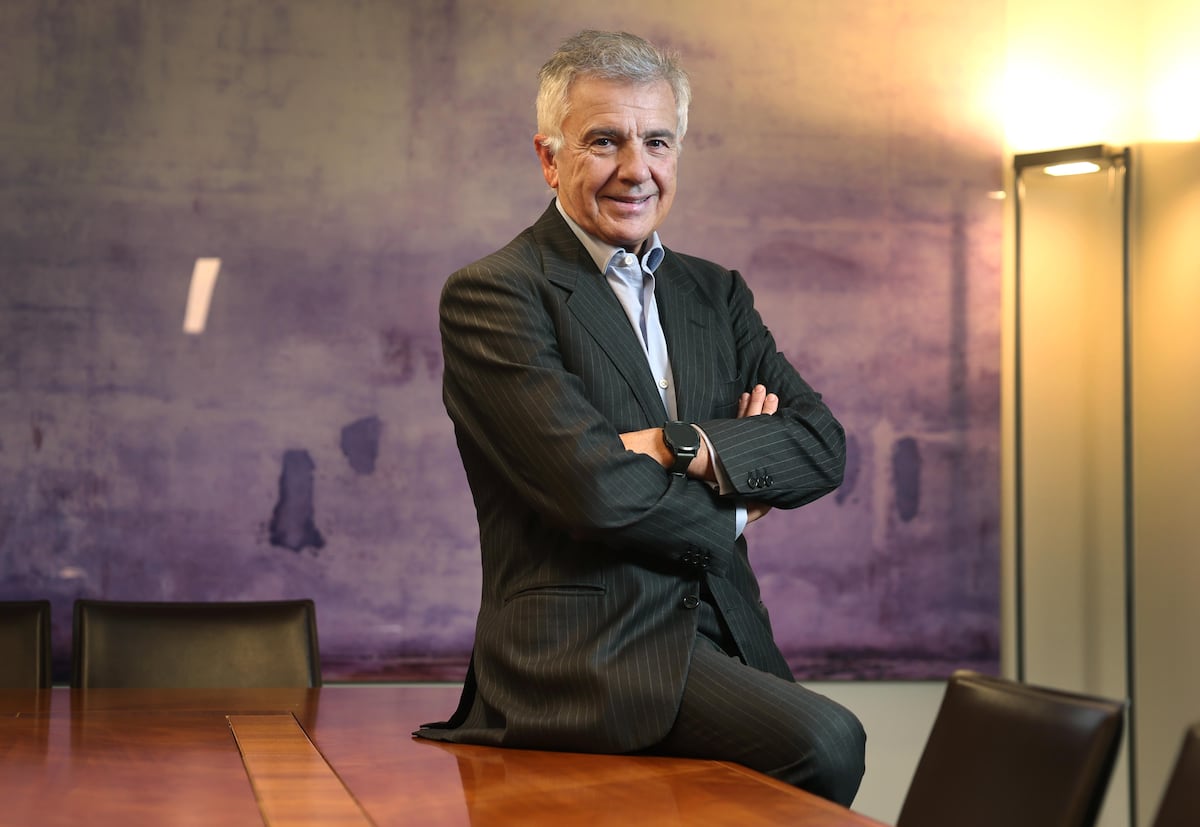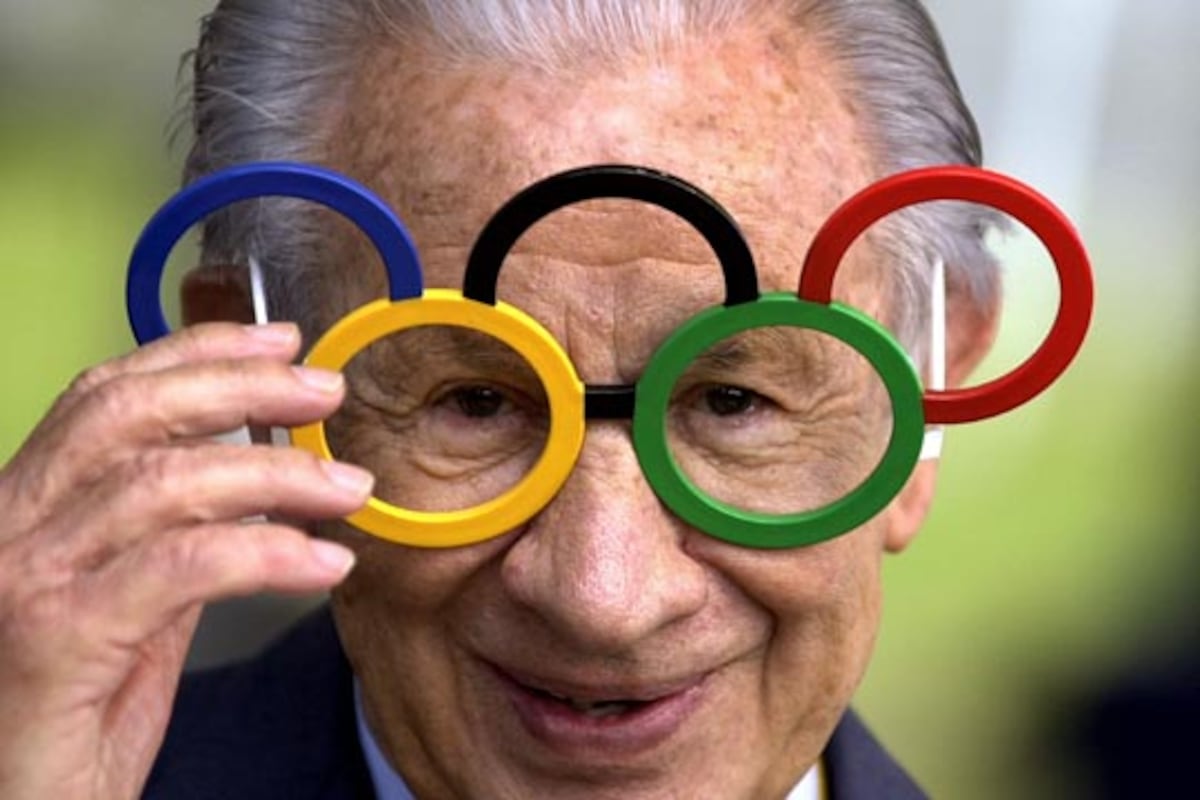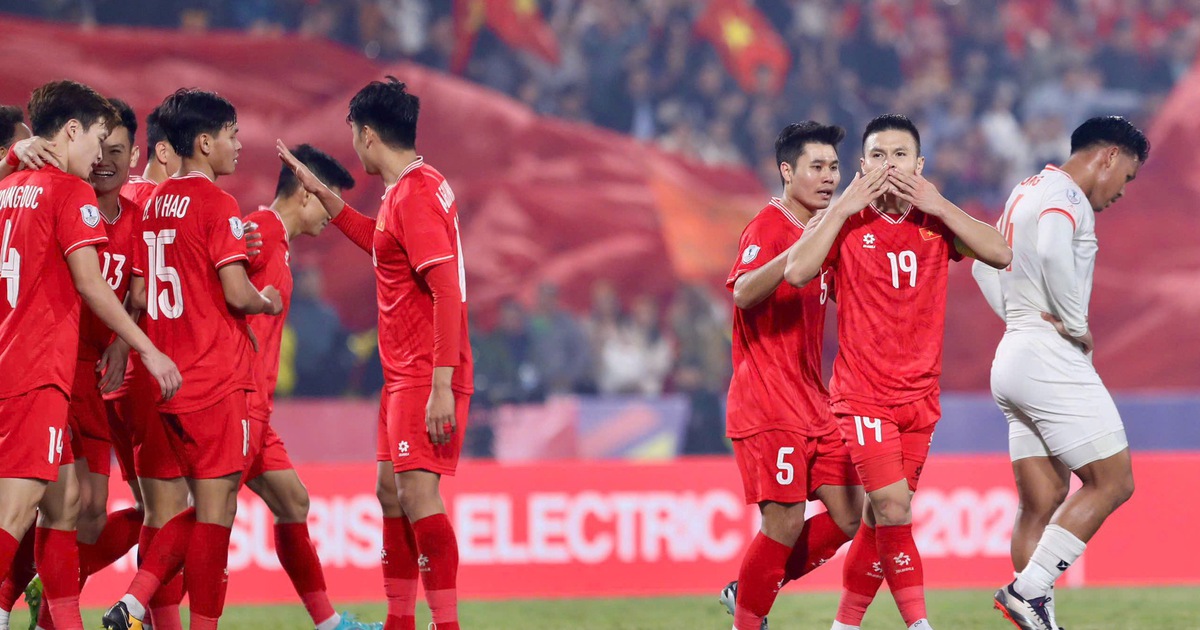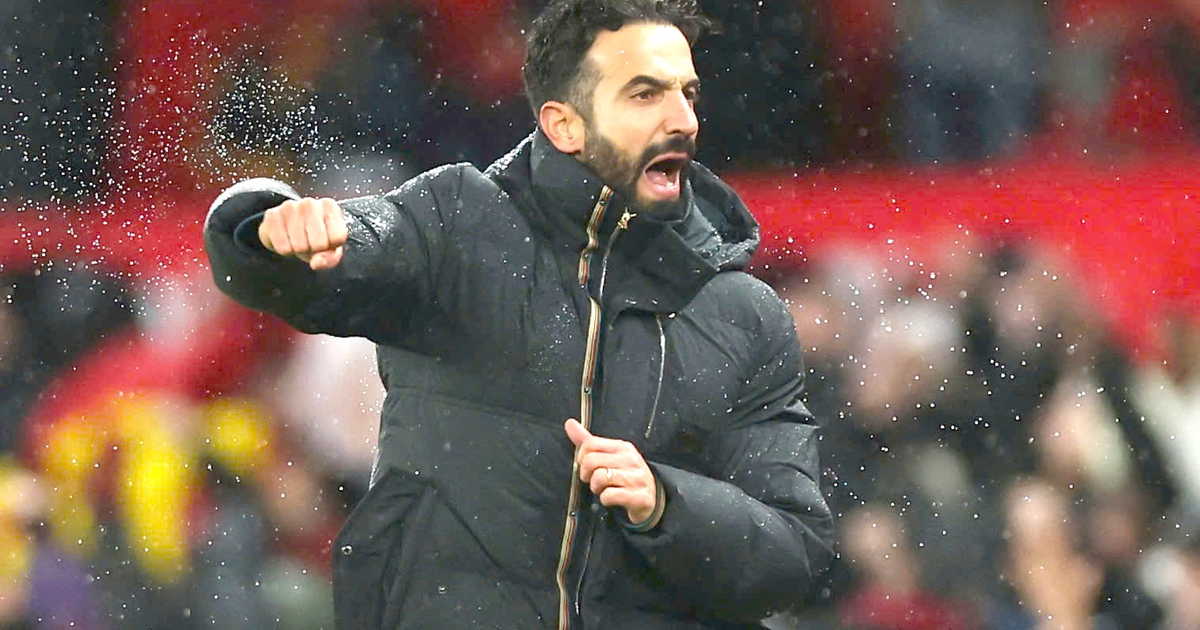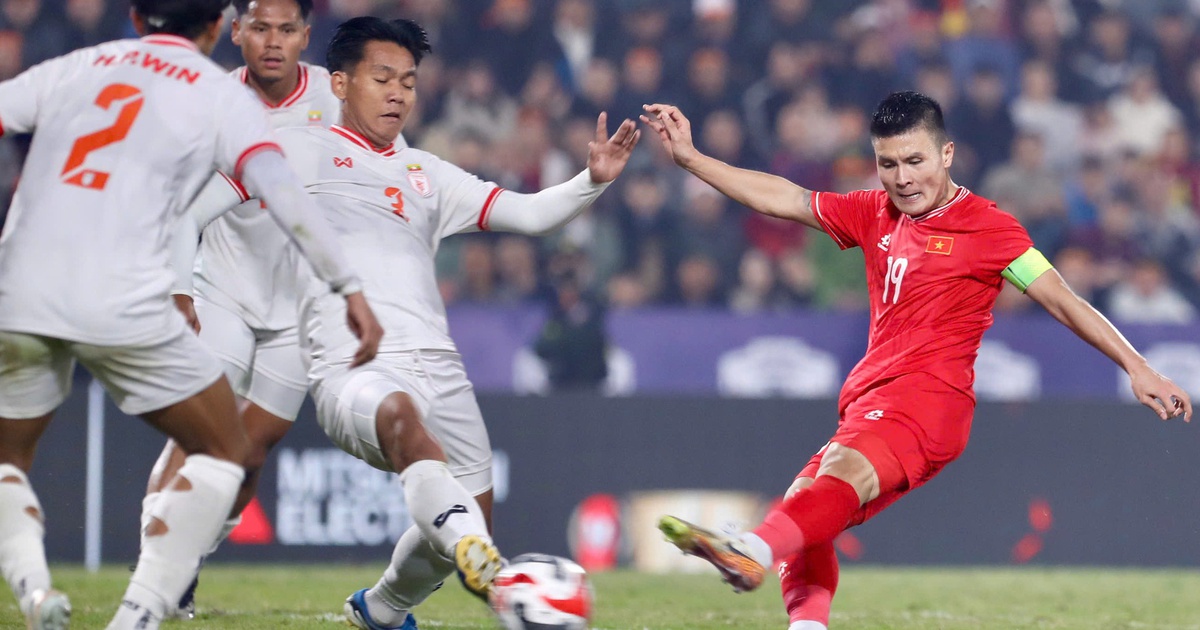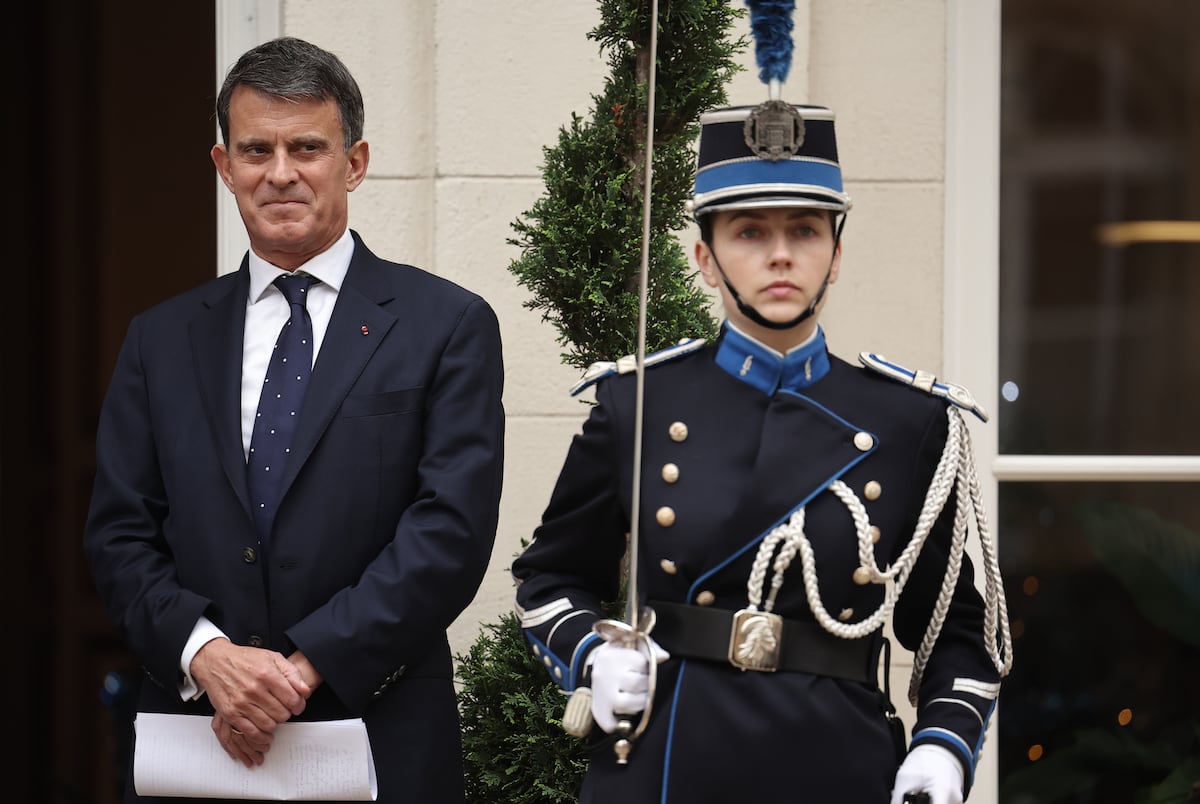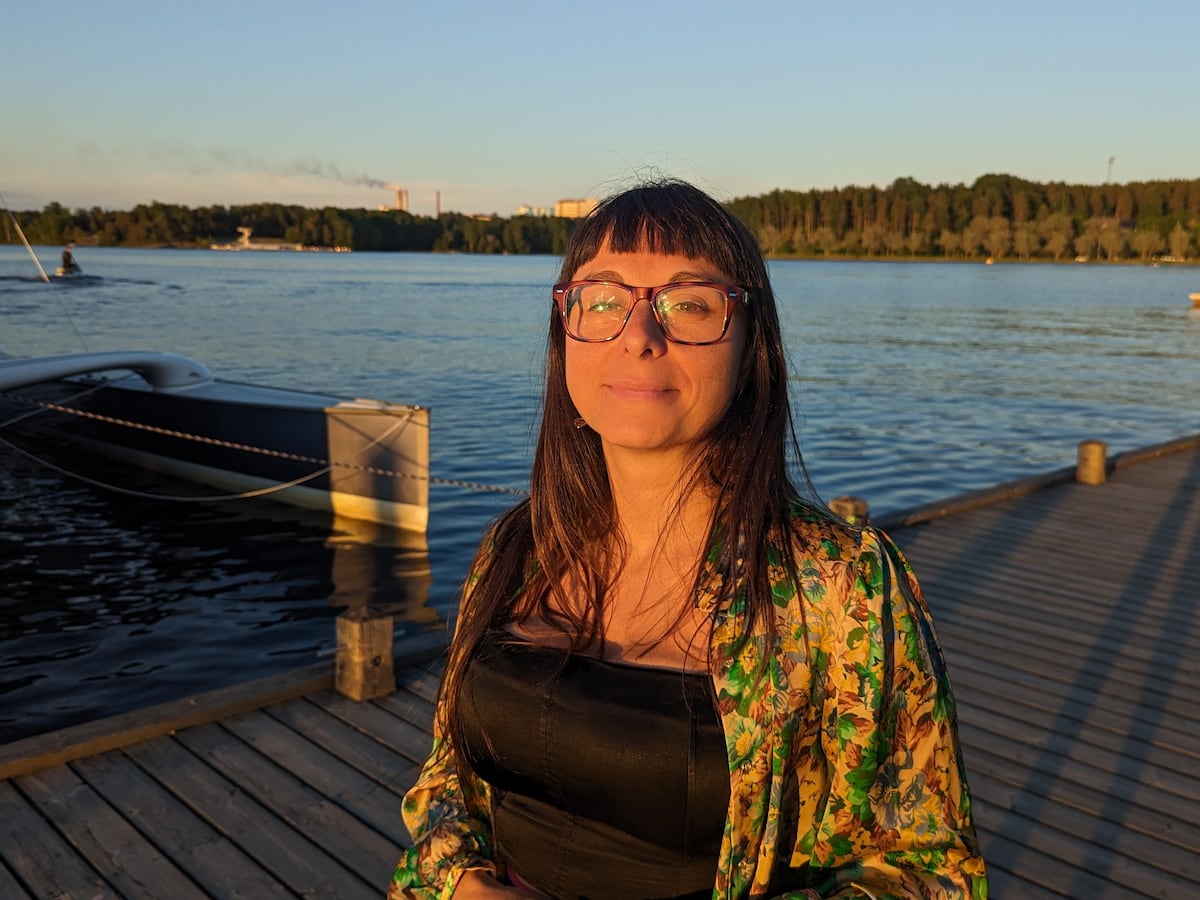Towards the middle of next March, by San José 2025, the 111 members of the International Olympic Committee (IOC) will elect their tenth president in Athens. Juan Antonio Samaranch Salisachs (Barcelona, 65 years old), son of the seventh president, is one of the seven candidates to preside over an entity of which he has been a member since 2001. “He has been preparing to be president since then,” he says, with some malice. , Sebastian Coe, another of the candidates. “My father was president in 1980. That was 44 years ago. There is no continuity either possible or imaginable,” he reflects during an interview given in the Madrid office of his bank, GBS Finance, a large window overlooking a winter-gray Velázquez street, and the light of Madrid. “I do not have the ambition to be the most important man in the world, far from it,” he adds, a month and a half before presenting, on January 30, his program in Lausanne to those who will vote to decide.
Ask. Is being called Juan Antonio Samaranch an advantage or a disadvantage? Are you afraid that the fear of IOC members being accused of nepotism could take away your votes?
Answer. No, no, no, I don’t fear it because I have never tried to rely on the figure of my father. He was president in 1980. That was 44 years ago. There is no continuity either possible or imaginable. And I have never considered that this was going to help me progress in my career within the Olympic movement. I have also waited and asked that he not harm me. In 2007, I ran for office in Guatemala. My father was honorary president and I was defeated big time by Gerhard Heiberg. Five years later, 2012, when my father had already died, I ran again for the executive against five or six very powerful candidates, all of them, and, yes, I was the one elected with the highest number of votes. In the end everyone has to prove their worth.
Q. Do you think the IOC president on the opening day of the games is the most powerful person in the world? Kings, emperors, presidents, all bow before him. Does that fulfill a person’s unique ambition?
R. I don’t have the ambition to be the most important man in the world, far from it. I really don’t have it. It is an opportunity, at an important moment in my life, to have the opportunity to serve, and I am very excited despite the tolls you have to pay to be there in terms of privacy. I don’t need much focus. I have a very simple life. I like being with my family, but what’s ahead is so exciting that I’m going for it, of course, and what you’re not going for is a little bit. If you go, you go. They say that the important thing is not to win but to participate, and it is not true, I do not agree. The important thing is not to participate, it is to give the best of yourself. Participating is not worth it. You have to compete. You have to be satisfied with the work done. Then you win or not.
Q. What is Olympism?
R. The wonder of wonders. Did you have the chance to be at the Paris Games? They are the best I have been to. There the magic of the Olympic Games occurred. It is based on something that is very special, which is the theme of Olympic values and universality. We are becoming infinitely tribal. And in this moment of tribalism that humanity lives, there are very few value systems like the Olympic one that allow you to think that what unites humanity is more than what separates us and give us hope that a better world is possible. And I have that inside me, and I have had it inside me since I was very little.
Q. In the genes, you could say…
R. I don’t know if it’s in the genes, but it’s deep inside, eh? Deep inside.
Q. Is that why you want to preside over the International Olympic Committee, like your father did for 22 years?
R. The privilege of being able to be working in that value system, having received it from the previous generation to be able to pass it on to the following generations, is a privilege that I respect and am infinitely grateful for. I think that at this moment in my life, with a lot of experience in the Olympic world or outside the Olympic world, with my professional experience, I believe, yes, that I have the group of experiences that give me enough perspective and judgment to be able to make a good job and taking the Olympic movement forward. My motivation is completely a matter of values. I have the right age, the right energy and the right experience to be able to do it. The president has to have a lot of experience and perspective, which also comes with experience, to be able to decide what battles you fight and what battles you don’t fight, and he needs very good judgment to be able to make the right decisions. What we cannot here is start doing experiments.
Q. What battle must be fought? What threatens the Olympic movement?
R. The usual. The moment we succumb to party interests and lose the vision of universality and our neutrality, we put everything at risk. Everything means everything. The very existence of the Olympic Games. If we, if the International Olympic Committee becomes an entity very aligned with Western values or with Eastern values with those of the Great South… At the moment when we cannot be universal, we cannot invite, and that they are comfortable and are part of the Olympic family, to the young people of all the countries of the world, then we would lose the reason for being.
Q. Russia, one of the most important countries in the world, one of its great cultures, is excluded from the Olympic movement. Should he be reinstated now or does a peace agreement have to be reached in Ukraine?
R. No, war is not the problem, no. We cannot say whether the war was yes or no, but what the Russian Olympic Committee did was usurp the responsibilities of another Olympic Committee, which was that of Ukraine, in some territories that were under the Olympic management of the Ukrainian Olympic Committee. . This goes directly against the Olympic Charter, we had no choice but to suspend it.
Q. Does it bother you that Russia is sanctioned for the invasion of Ukraine and the same is not done with Israel for the genocide in Gaza?
R. They are not comparable situations. The International Olympic Committee is the only supranational entity that respects the United Nations resolutions of two States and one territory. We recognize the Israeli Olympic Committee and the Palestinian Olympic Committee, which share territory, and both were invited and participated with their athletes in the Olympic Games. We can’t go to the State of Israel and say, hey, I don’t like how you behave toward your neighbors. Do I have to take sides? We can’t. There are more than 40 armed conflicts right now in the world. The day after we start taking sides we will not invite certain Olympic committees to participate because they are on the dark side. And then someone will come who will say that animalism is very important and Spain cannot participate because it has the bulls. And neither do countries that have the death penalty. In the end we would end up having small Games between countries that think alike. And that does not serve the purpose of the International Olympic Committee or the Olympic values. It wouldn’t be any use.
Q. Will trans women be able to compete in the women’s category?
R. What we have to defend is that women’s competitions, and I’m not just talking about high-level competitions, are safe and fair for women. If I am president, not a step back in the defense of the women’s categories. Not a step back. It has taken a lot and the effort of many people and generations to get here, to an equal participation in the Paris Games. It is an achievement that must be maintained and defended with all our strength. Given a fundamental right of a trans person, of the trans community, there is also a fundamental right to fair and safe competition. We have to take sides.
Q. Would it sanction, if gestures like that of Tommie Smith and John Carlos were repeated in Los Angeles, to raise the gloved fist in defense of the blackpower, What cost them expulsion in the 68 Mexico Games?
R. Athletes have every right in the world to express their political views. without a doubt, but we need, to maintain universality, for the podium, the medals and the playing field to be areas absolutely virgin of political messages. Absolutely virgins. A very clear human rights message in the West may be an offensive message in Africa. And it is like that. We must protect this symbol of Olympic glory and that field of competition where we are all equal, regardless of race, religion or the political system in which we were born, we must protect it. In the Olympic Village they can talk about whatever they want, they can talk in the press, they can talk on social networks, they can even talk in the mixed zone. But I believe that we have to defend, we have to avoid the politicization of the podium and the playing field.
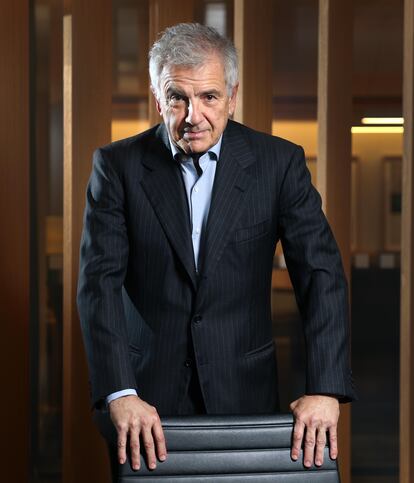
Q. Are you concerned that the great financier of world sport is the sovereign wealth fund of a country like Saudi Arabia that seeks to whitewash its image in this way?
R. No, I’m not worried. I believe that the more parts of the world join sports movements to give the youth of the world the possibility of being inspired by the values of sport, the better, the better for everyone. Furthermore, I also don’t see that there is a preponderance of one part of the world doing this. I think that if we look at where all the money comes from and where the competitions are held, they are fairly distributed.

